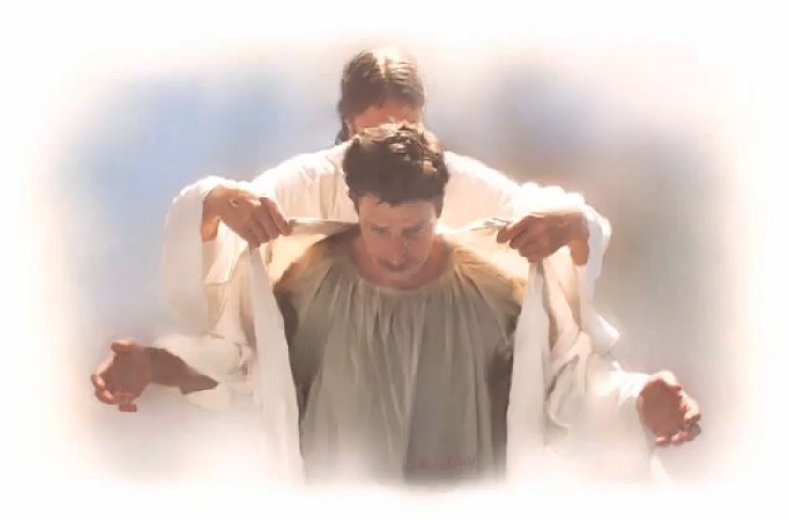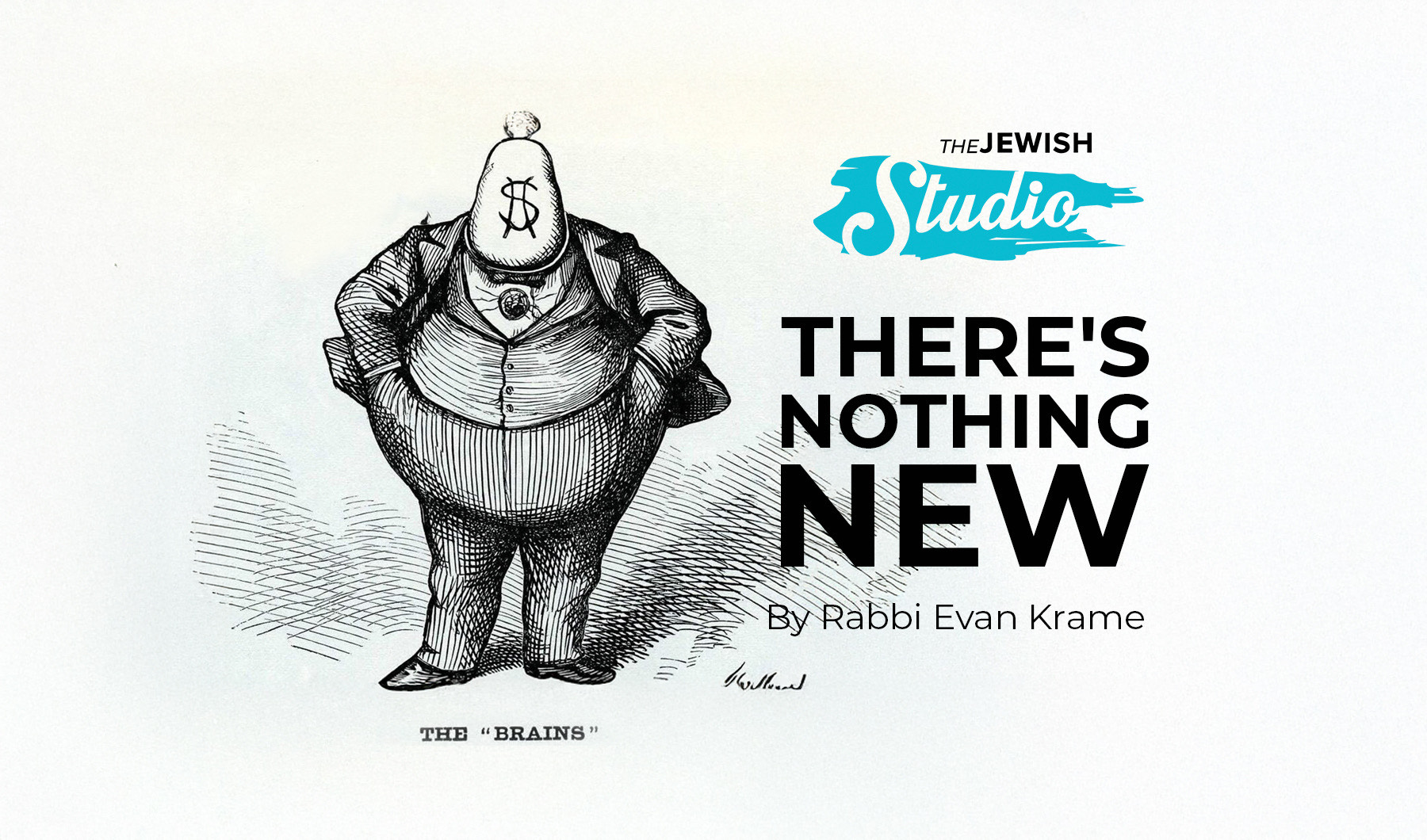I meet a lot of people just after the death of a spouse, parent or child. Often I wonder how they find the strength to re-establish their lives after devastating loss. Torah gives us an example in Aaron, the high priest, who re-emerges after the death of two of his sons. Even if none of us is the equivalent of a high priest, this week’s Torah portion (Acharei Mot, literally “After the Death”) gives us tools to come through devastating loss.
Here, context matters. The Torah reading begins with an instruction of how to conduct an ancient ceremony of atonement for the people (Lev. 16). The first steps are for Aaron to enrobe himself in splendid priestly garments. Torah tells us that nothing less than life and death depends on his success, both for him and for the people.
Few of us so profoundly impact the future, but make no mistake: we all do – or at least, we all can. We needn’t be an Aaron, or a president, or a modern MLK or Gandhi, to live lives of meaning and impact in whatever context we occupy. Whether in family, career or community, who we are and what we do matters. But when we experience devastating loss, we are prone to lose our grip on that essential truth. And after loss, when anger lingers and pain endures, we can lose our sense of ourselves and, with it, how we impact others for the good.
Enter Aaron. Aaron rose from mourning his two sons to re-engage in his position of spiritual leadership. For Aaron, the rituals had to be performed exactly, and holy vestments were donned. Aaron offers one response to loss: show up and serve others anyway – even precisely within our sense of loss.
This isn’t to suggest that we shouldn’t mourn – we should. After a death that profoundly touches us, Jewish tradition asks us to take a time-out (in some cases we call it shiva, and there are longer periods of month and year slowly re-entering us into “normal life”) precisely so that we can mourn. We are called to inhabit our pain and sorrow fully.
And then we “get up” from shiva. That’s what Aaron did. Even though his own hopes and dreams as father went up in smoke along with the death of his sons, Aaron got up and served others. I imagine Aaron brought grief and even anger to his work, but maybe his inner life made his spiritual service even more urgent and more effective. Perhaps his own loss helped him empathize for others. Maybe the ability to hold seemingly conflicting emotions can strengthen us when we suffer loss, and help us reset life expectations when tragedy disrupts them.
If immediately after a devastating loss we wear grief as a cloak, perhaps later the grief becomes more like the inner lining of a jacket – and we put it on and go back into life. When grief overwhelms we might not show up to our own lives, much less the lives of others, and sometimes that’s as it should be. But later “after the death,” let us emulate Aaron and seek in his example the strength to live fully even if our outer garments are lined with grief. We and others, and even the whole world, might depend on it.
R’ Evan Krame





